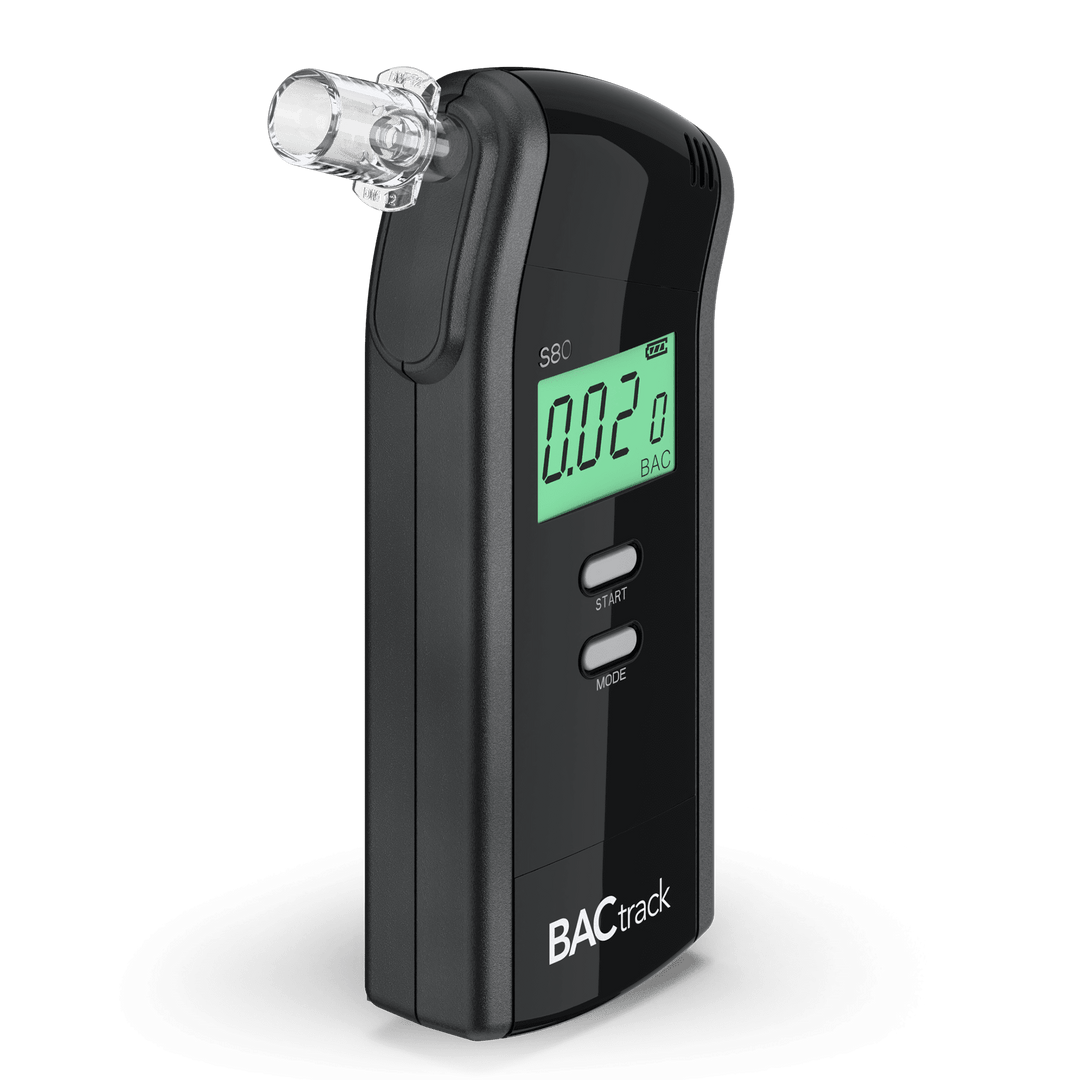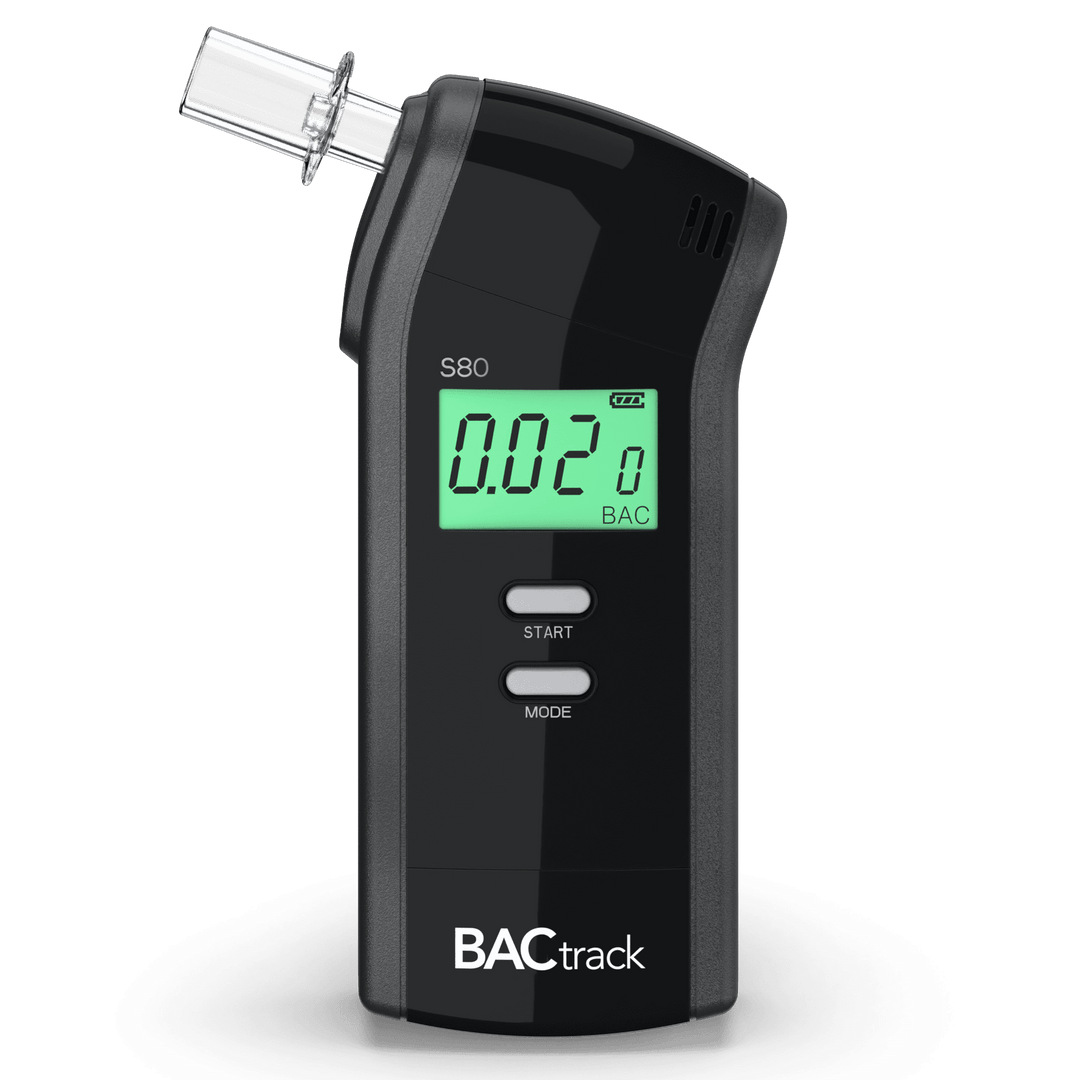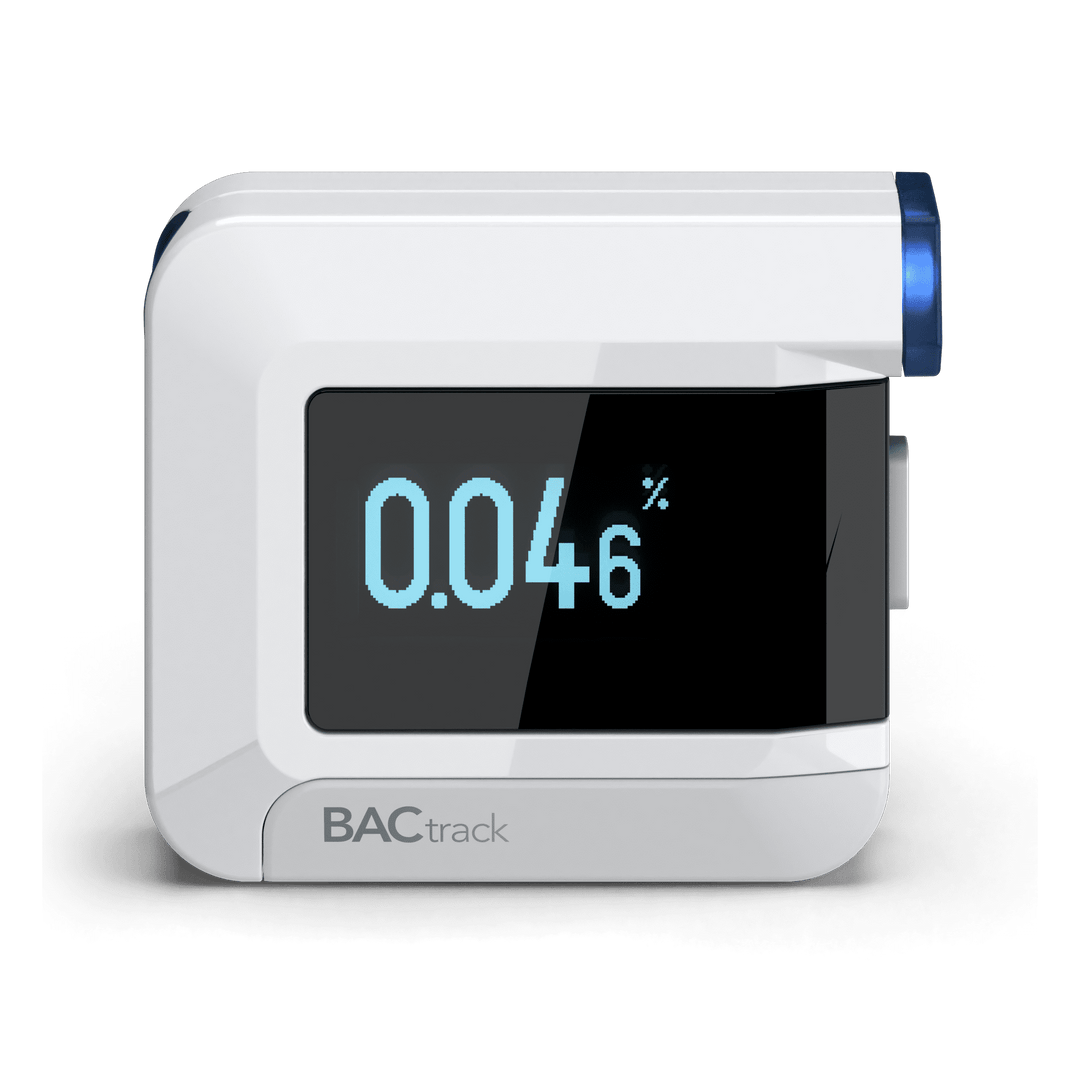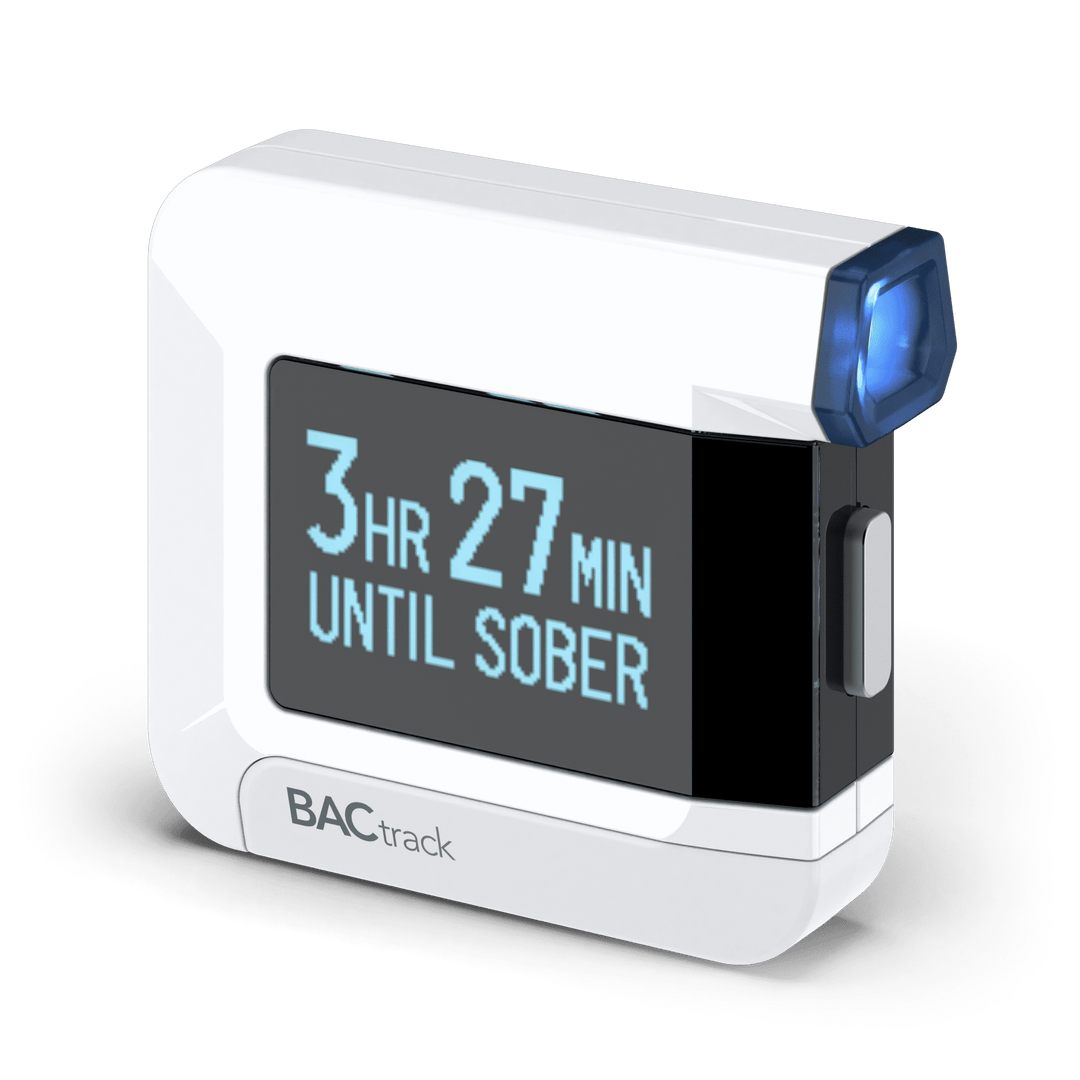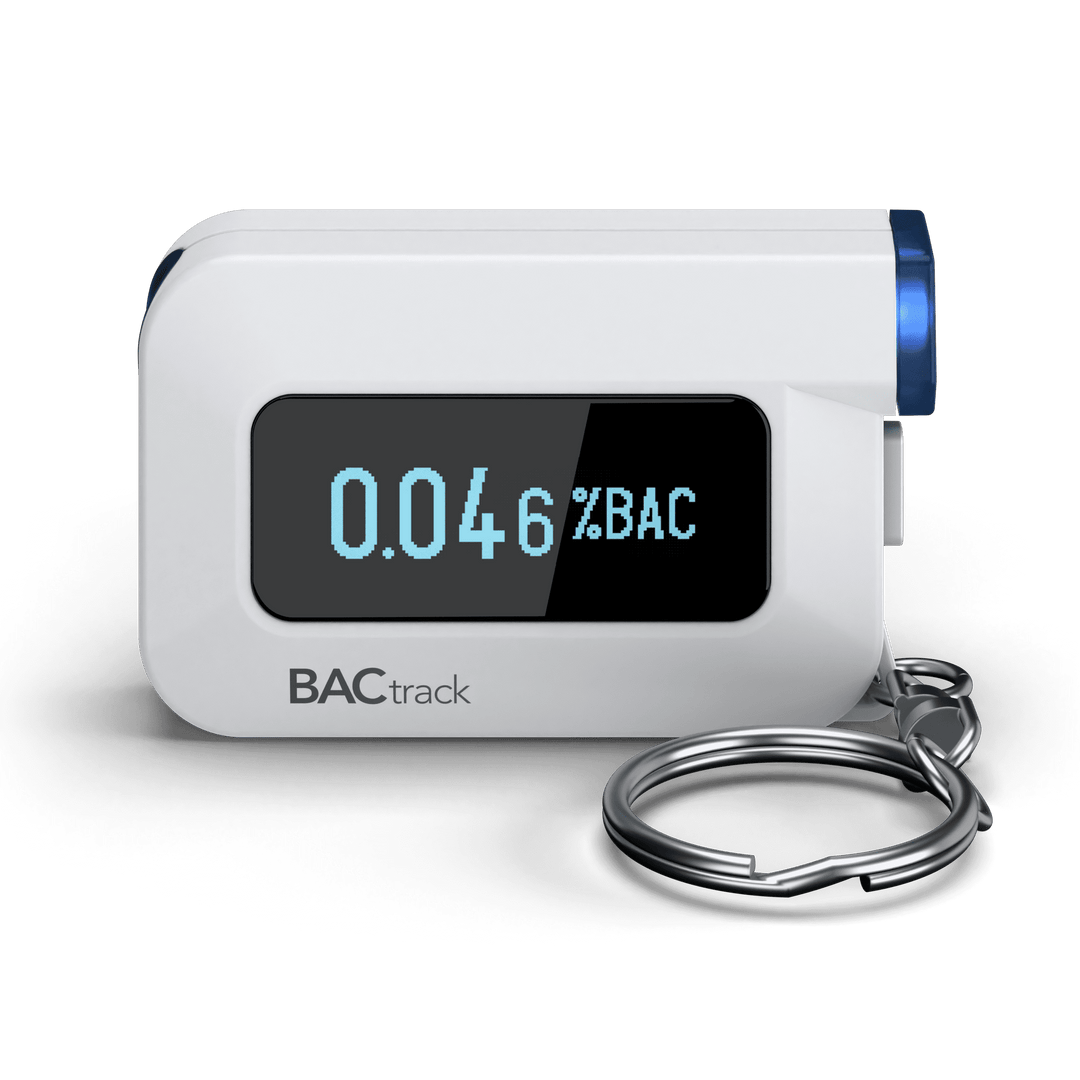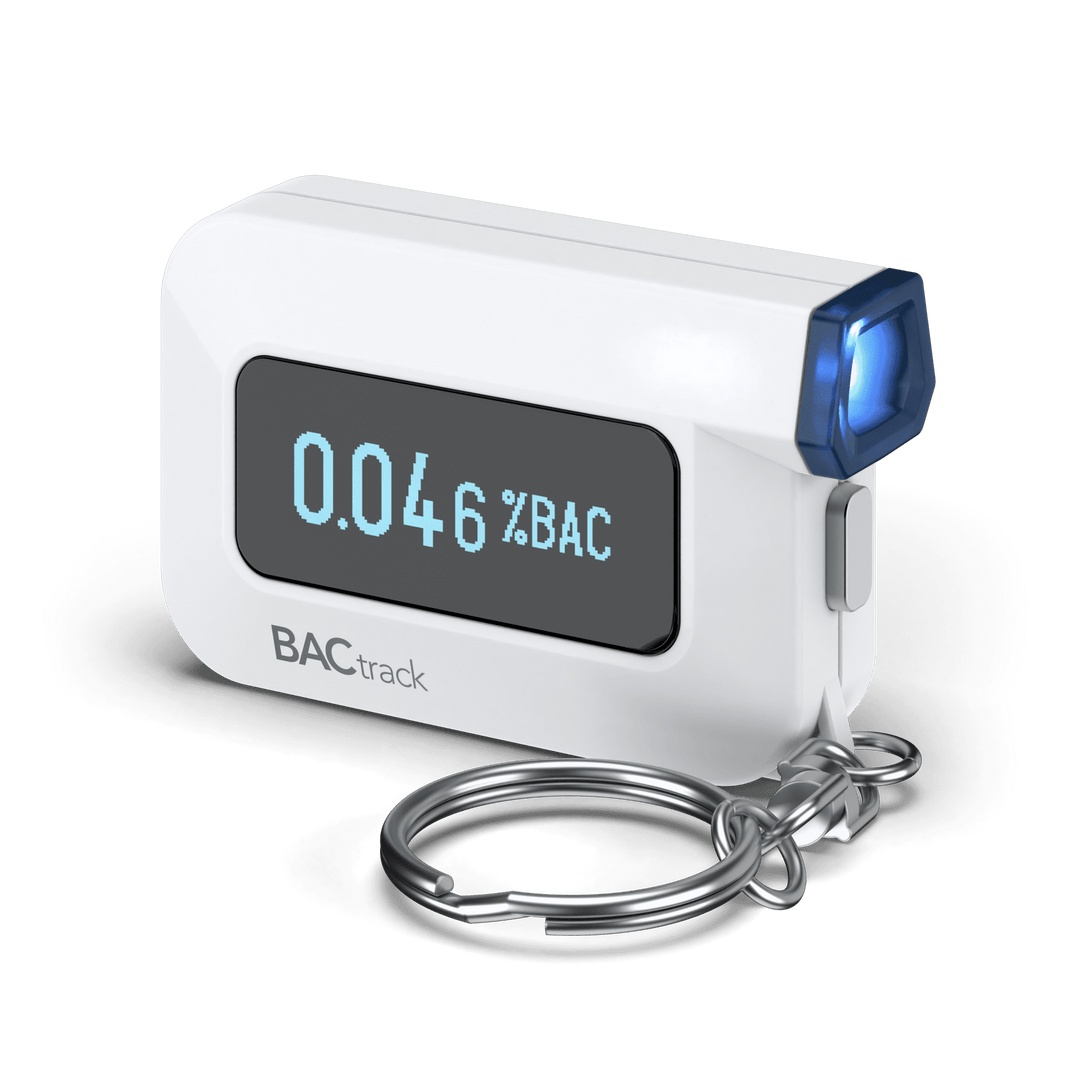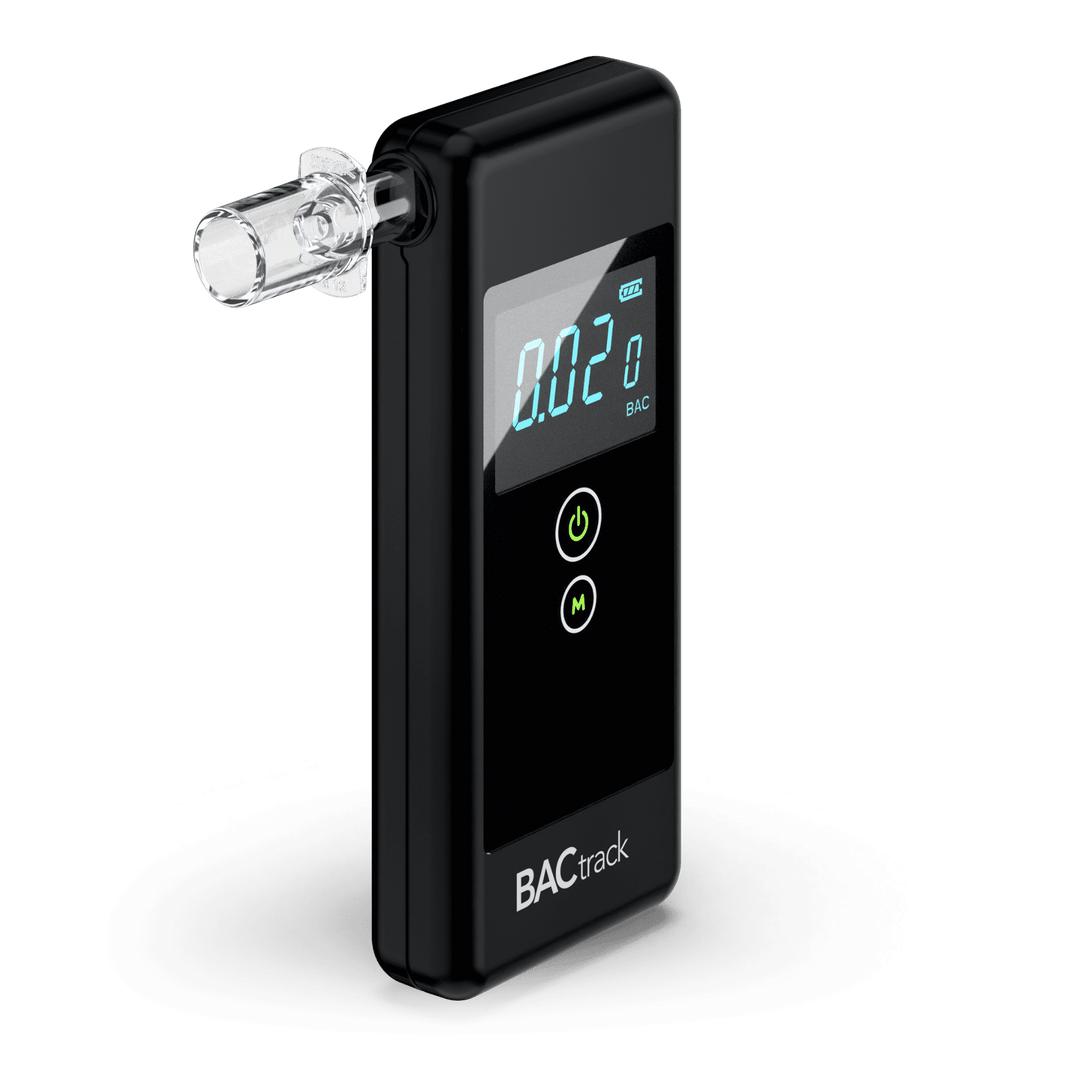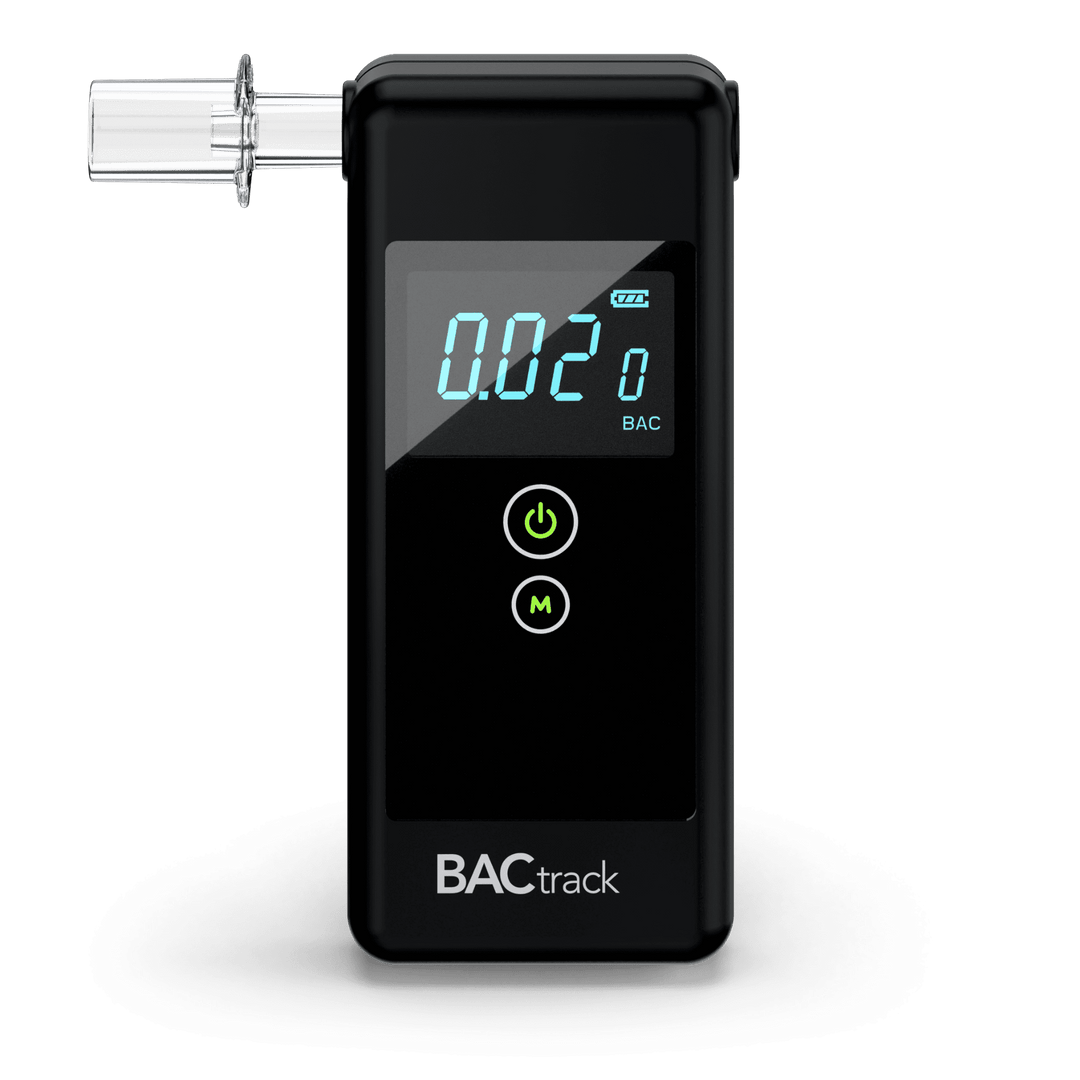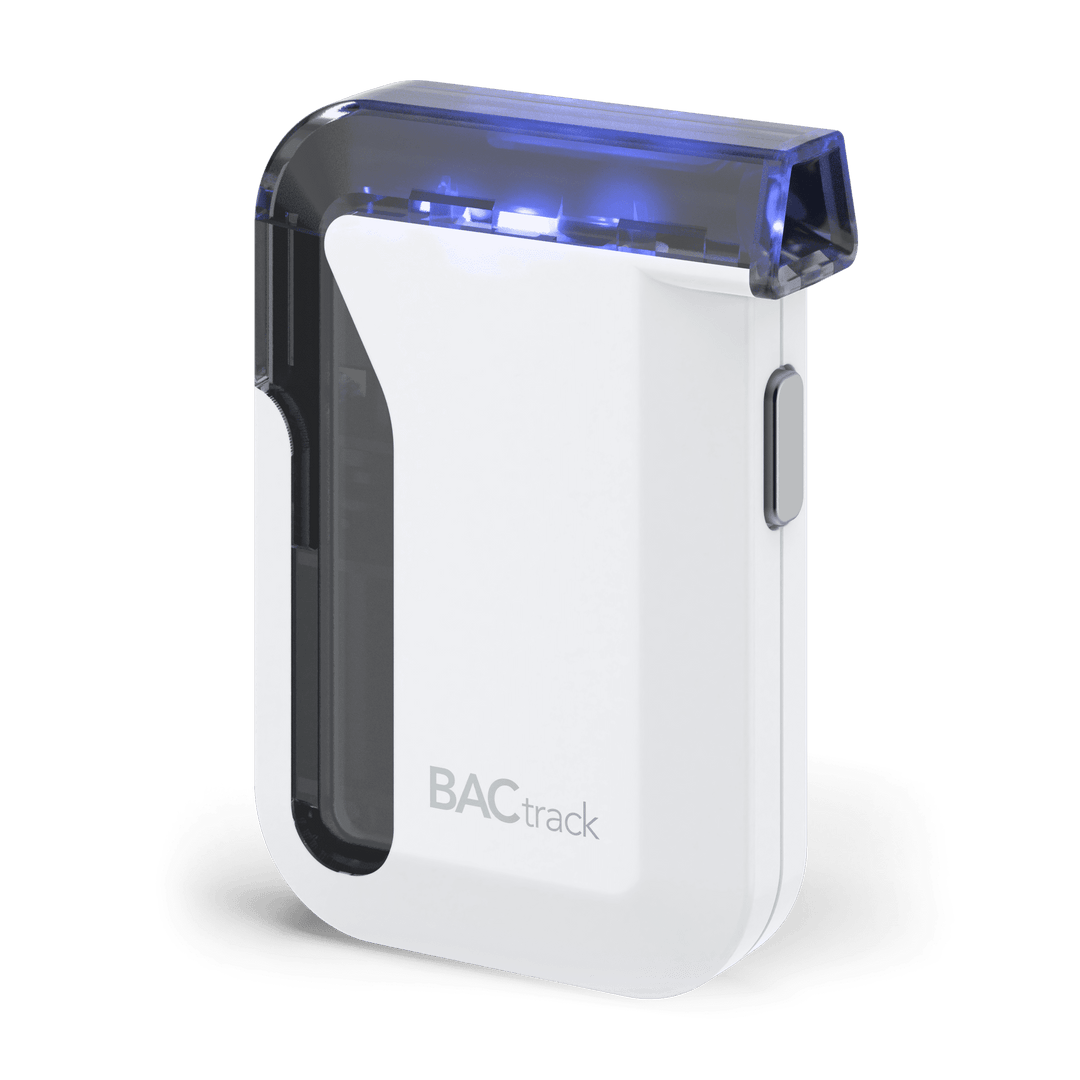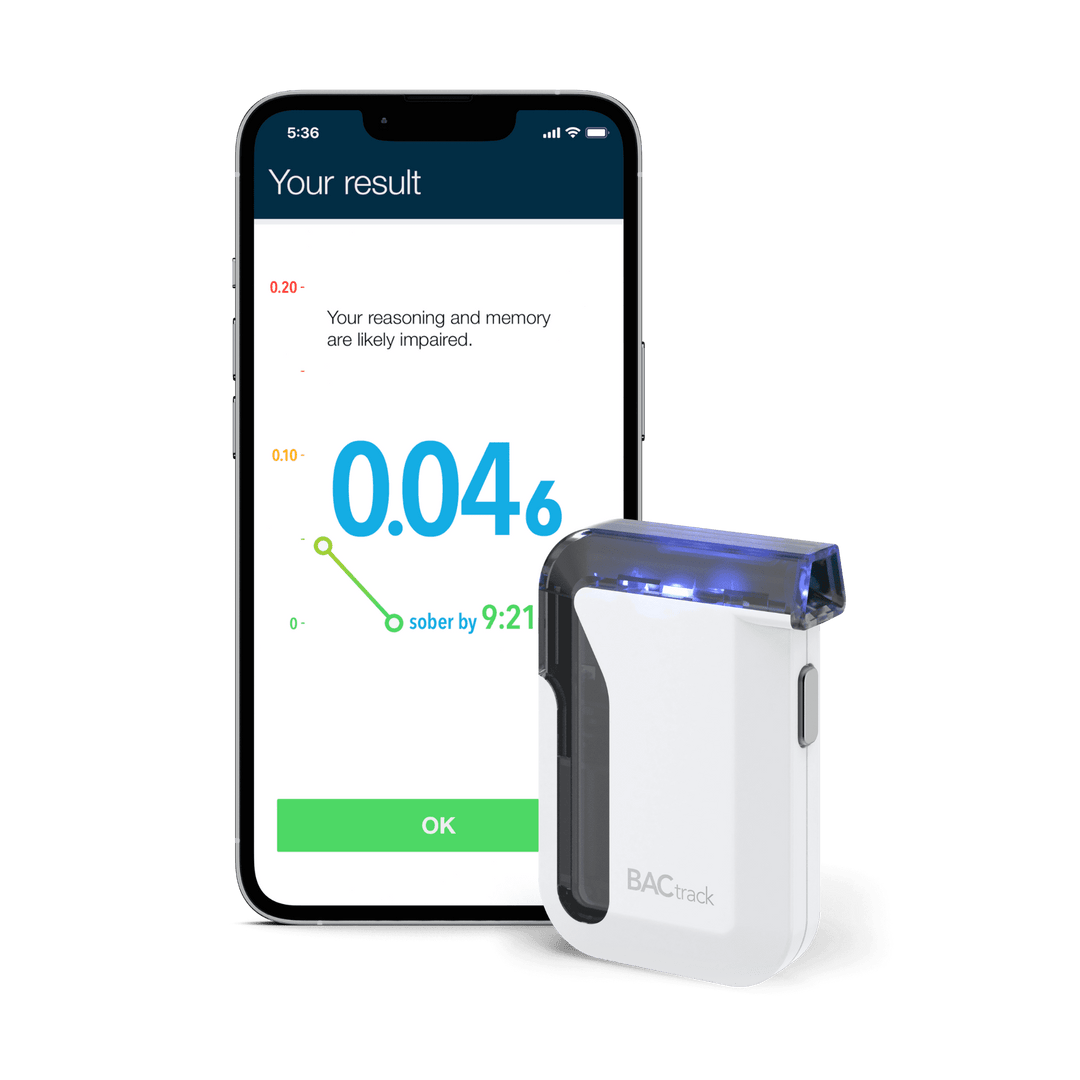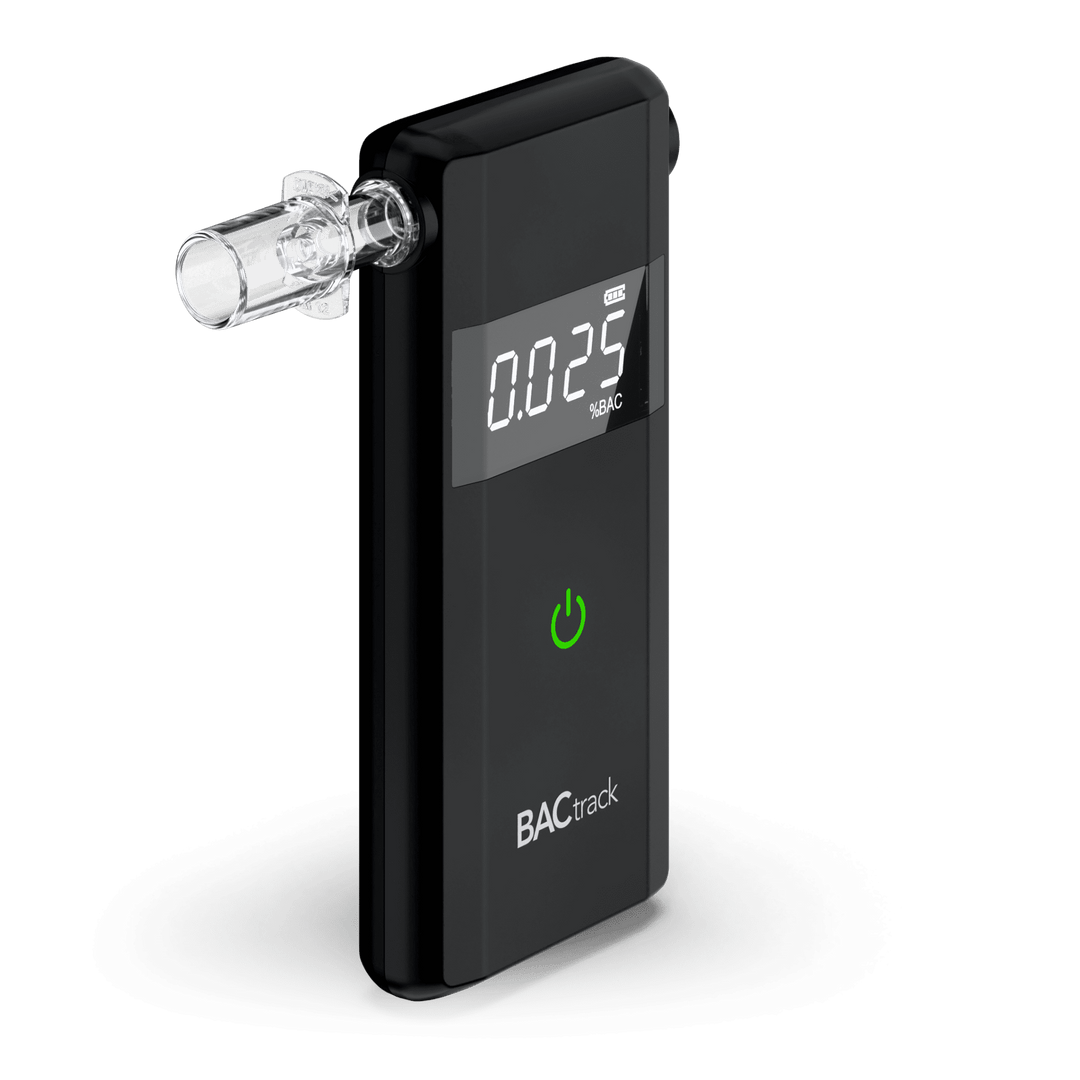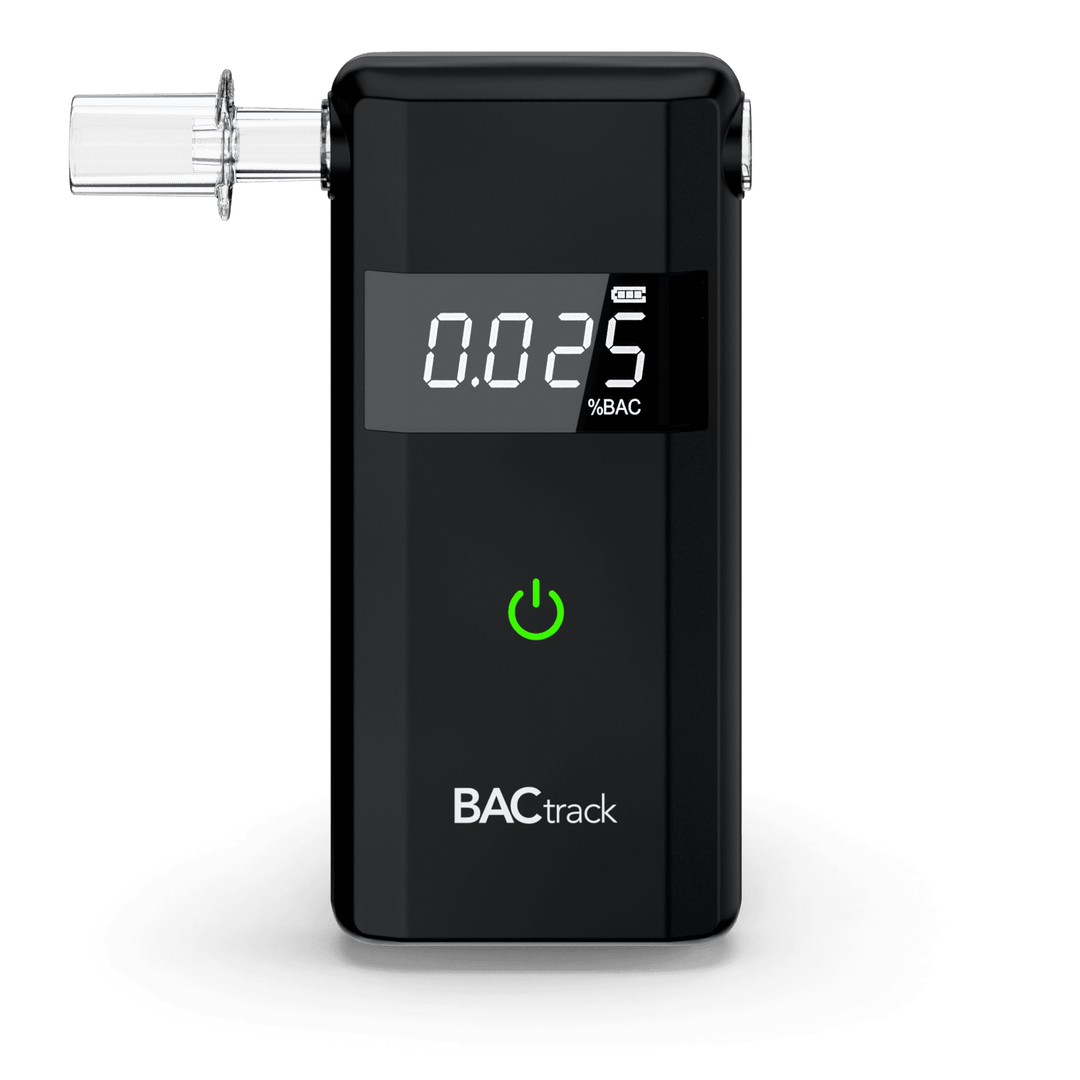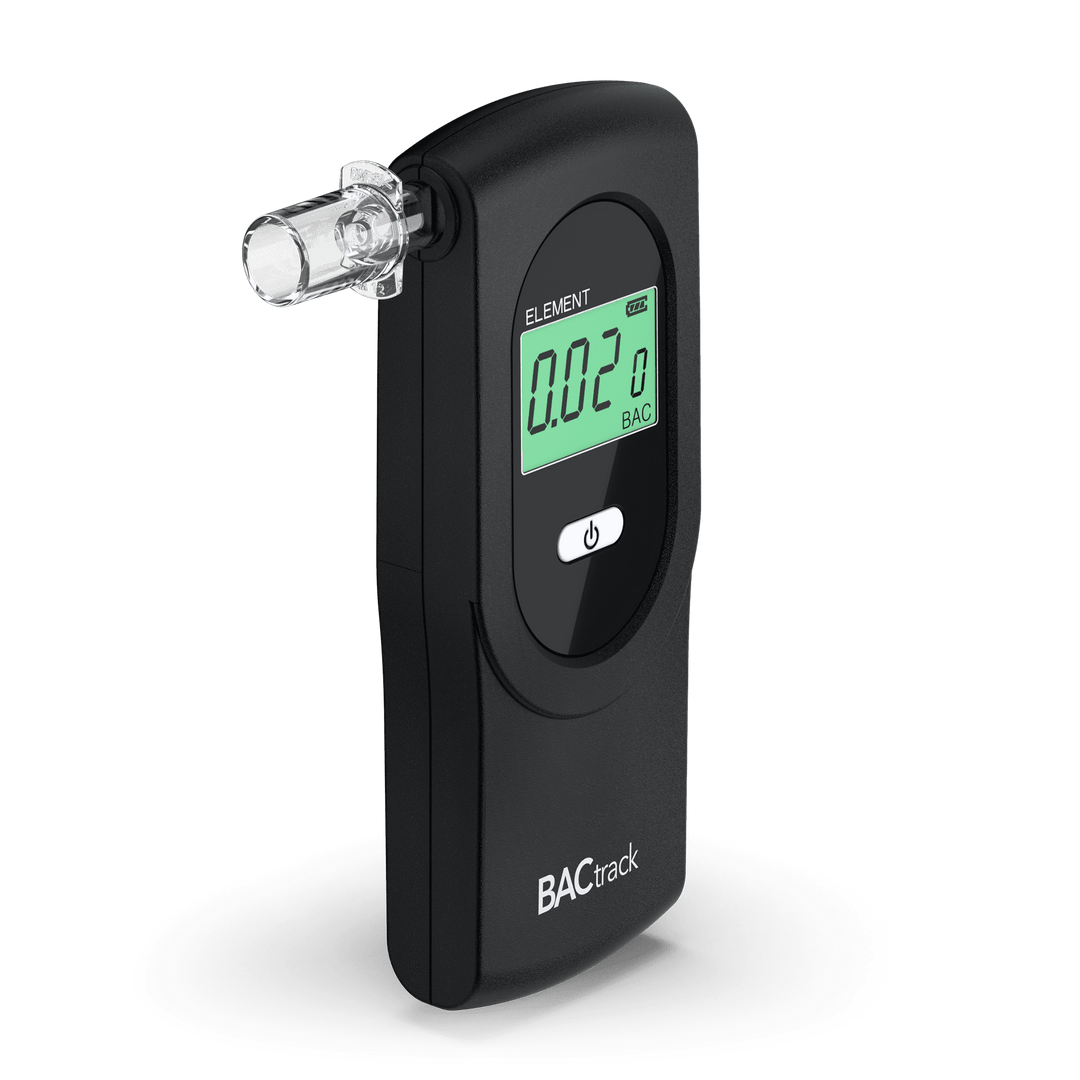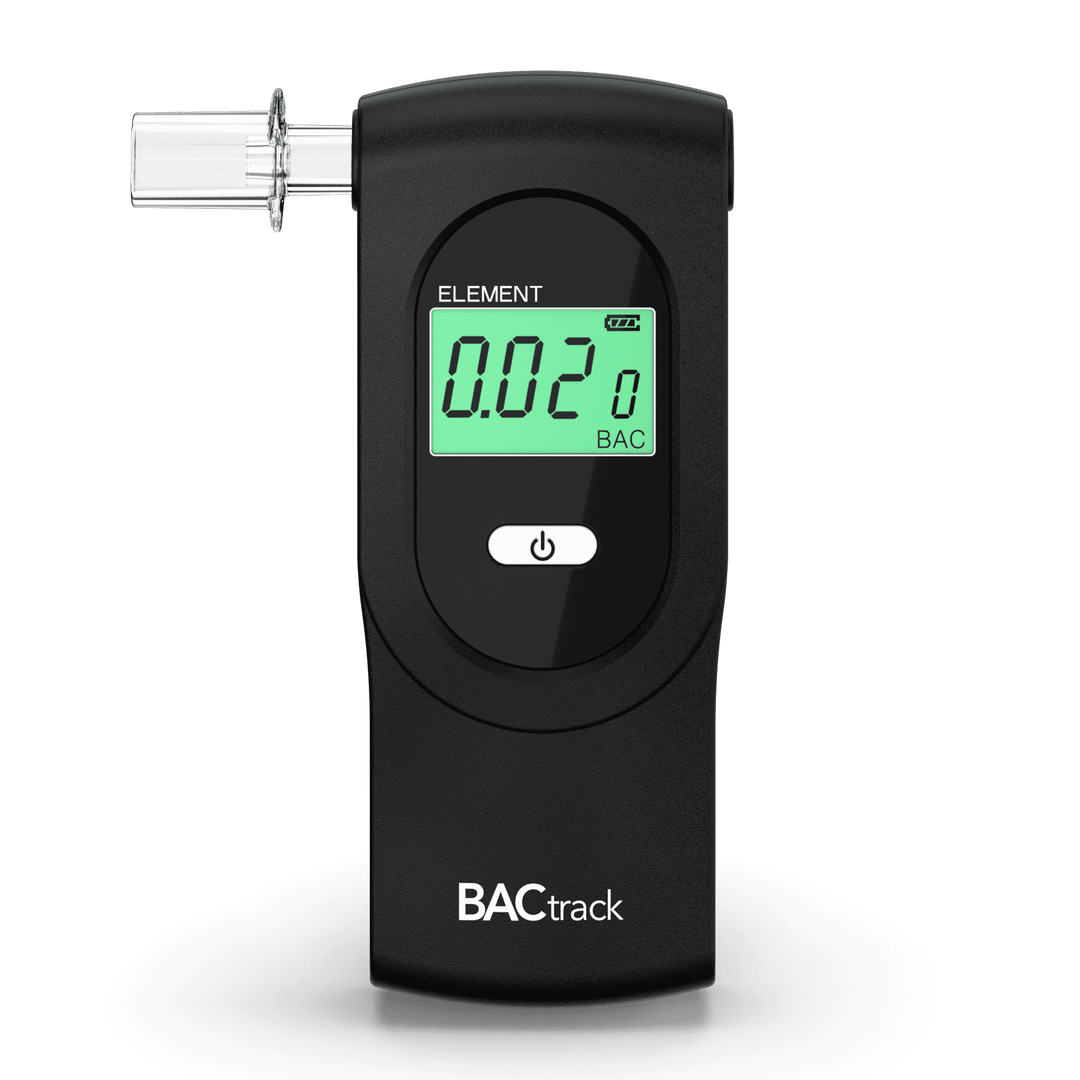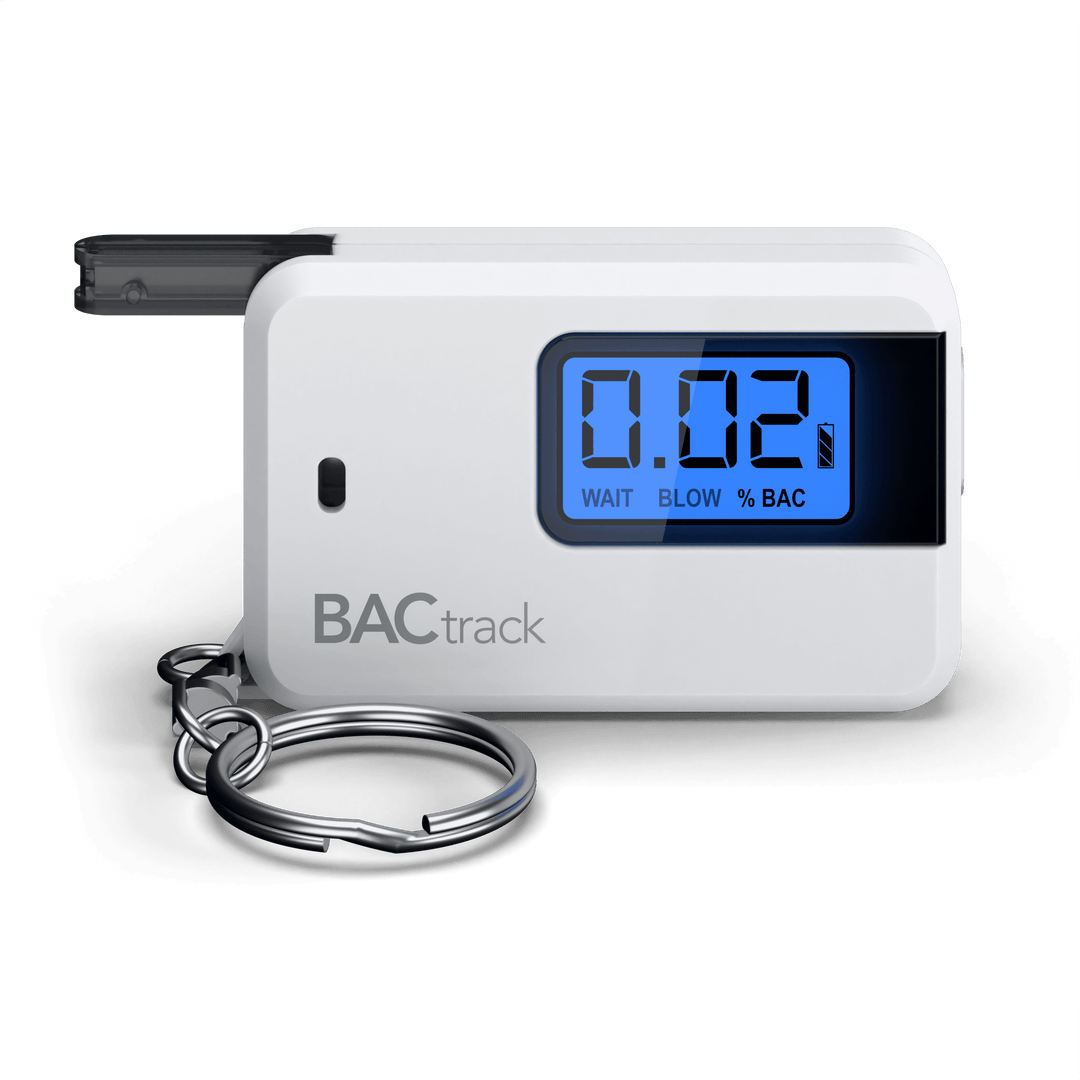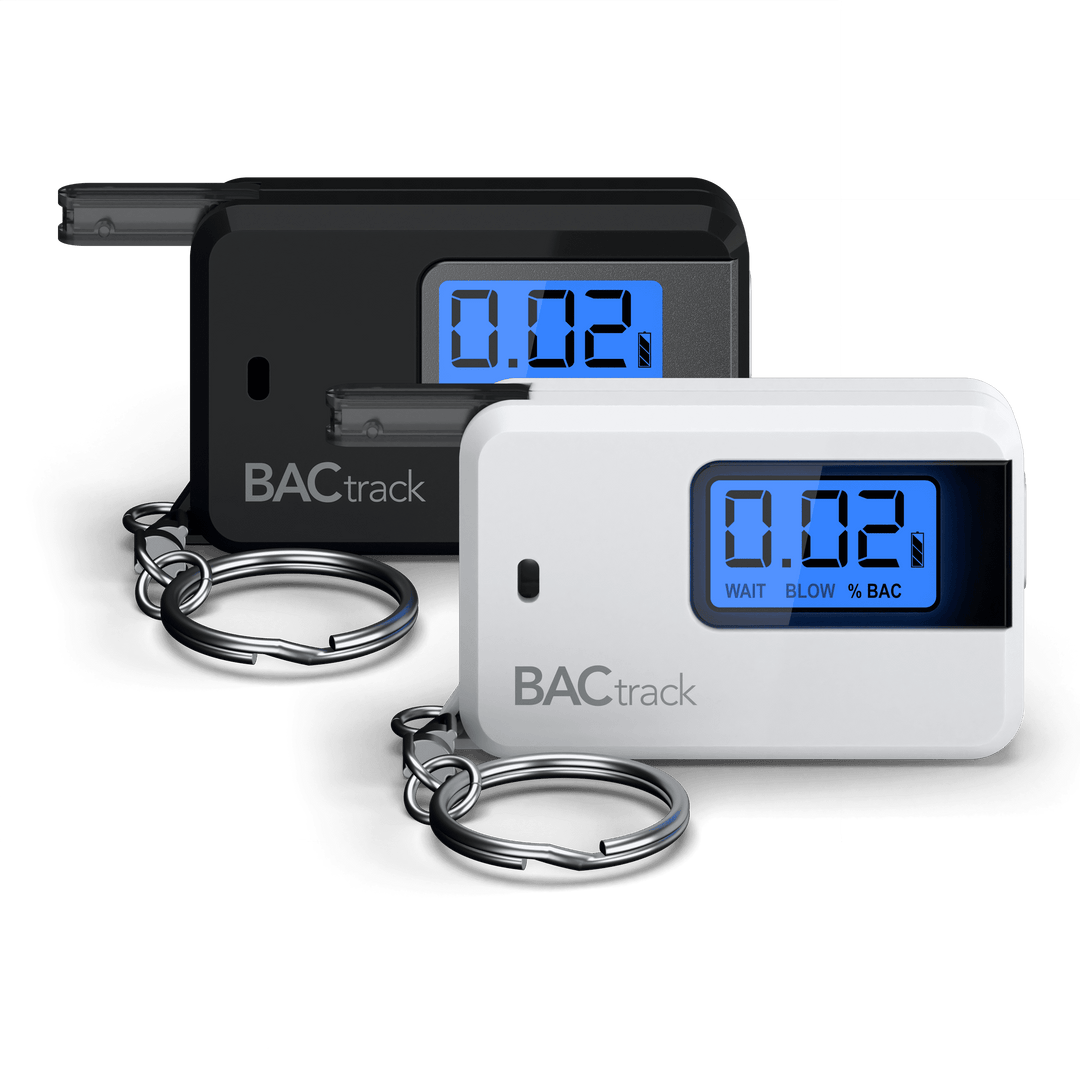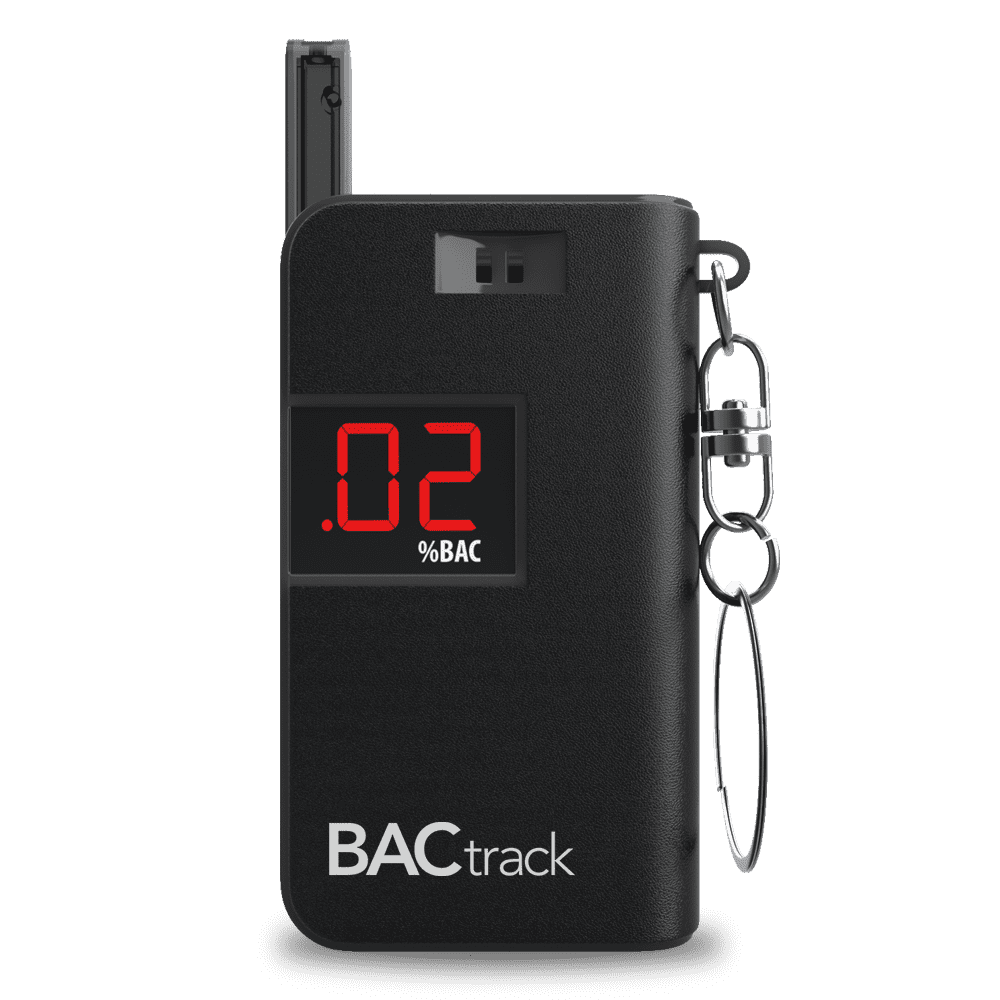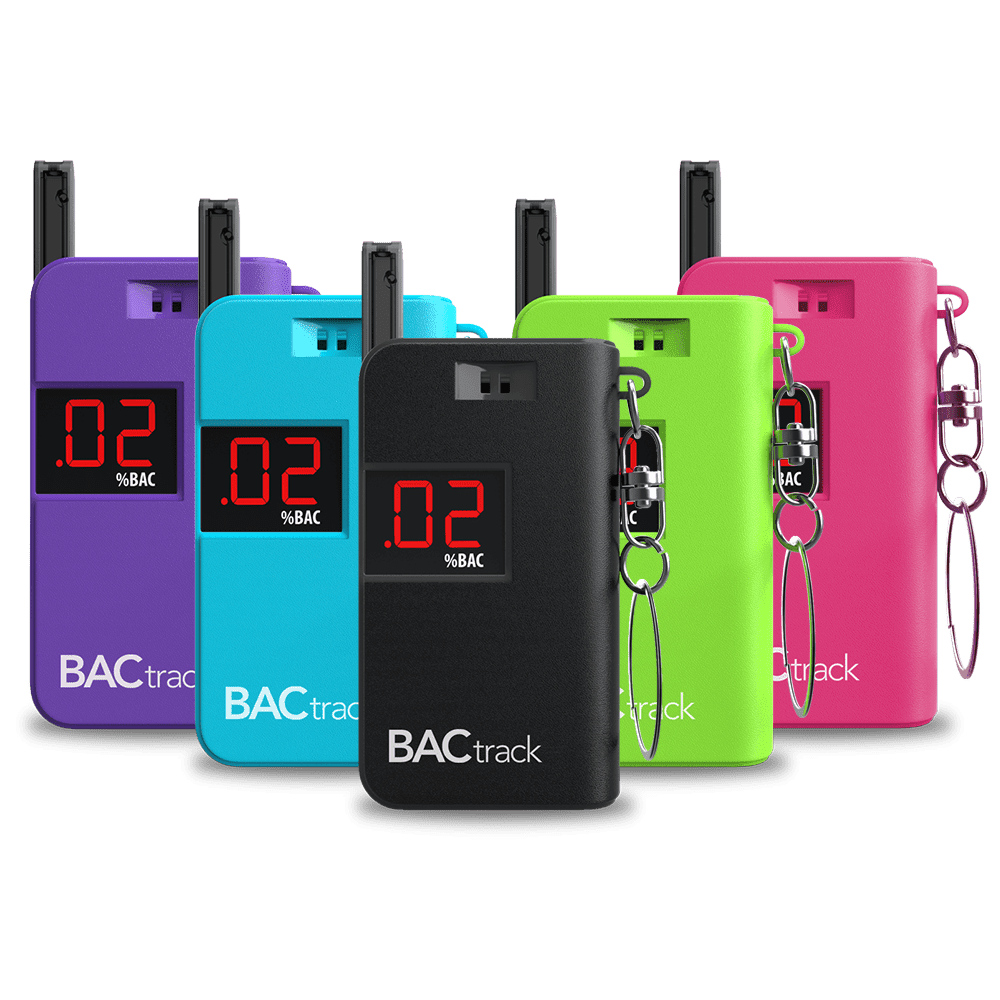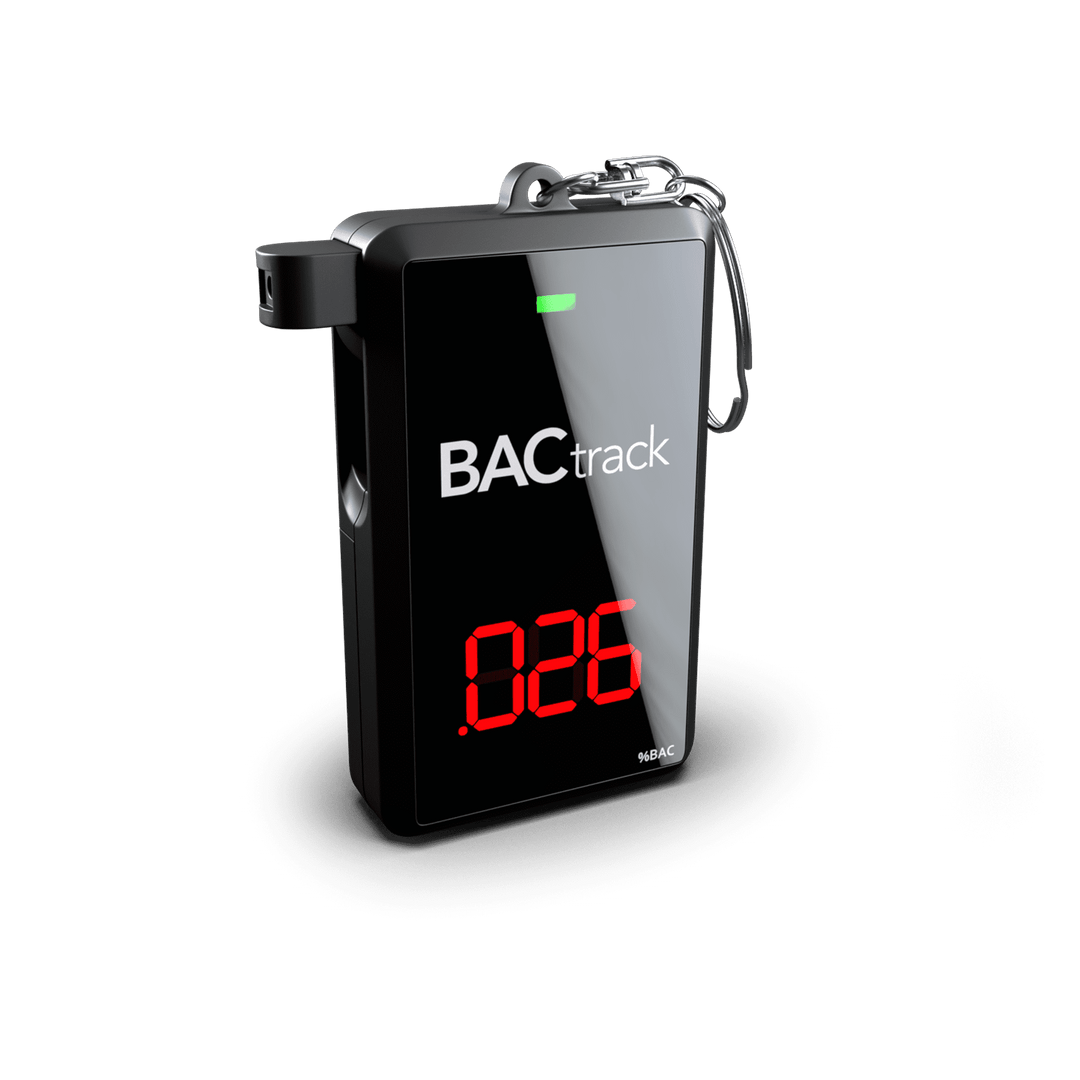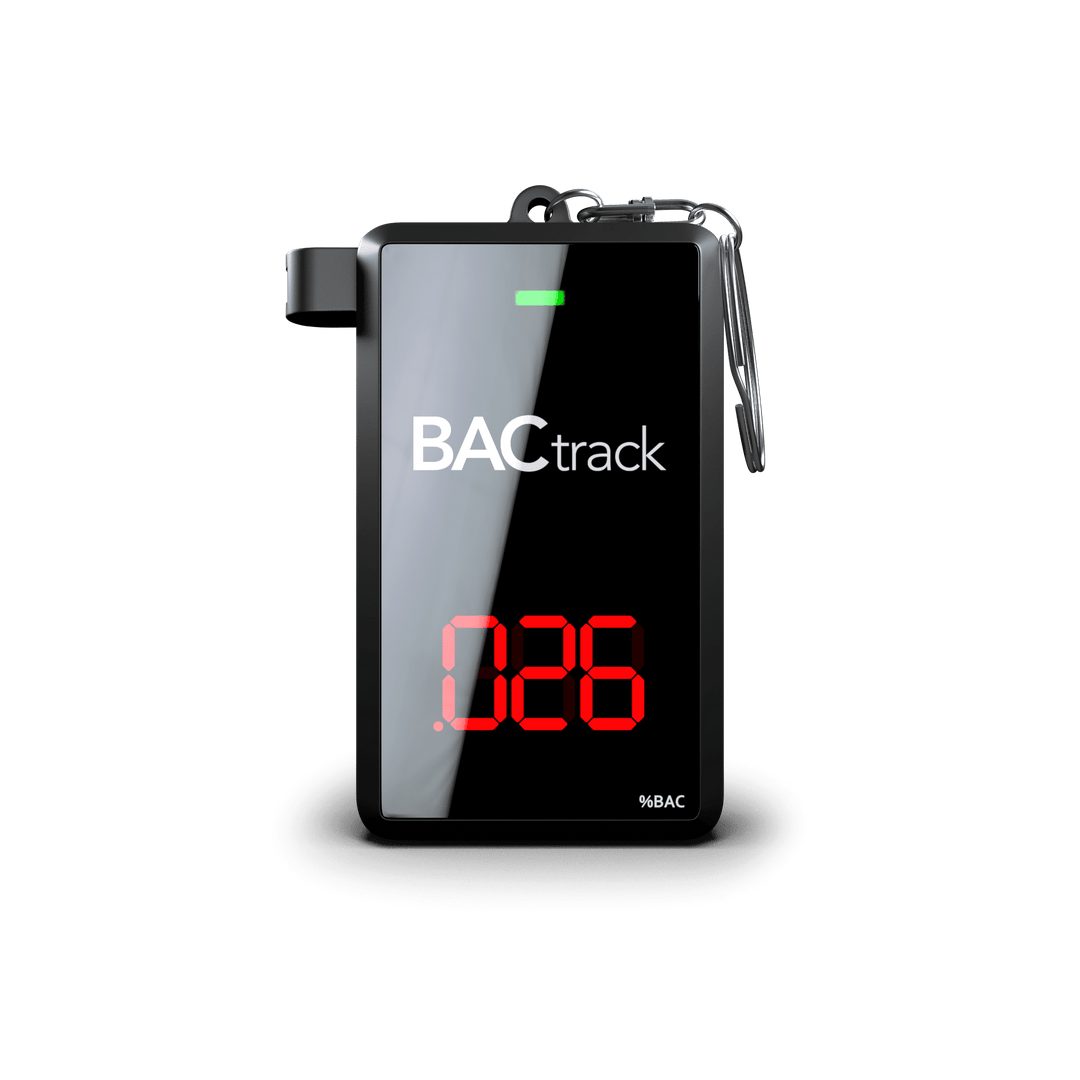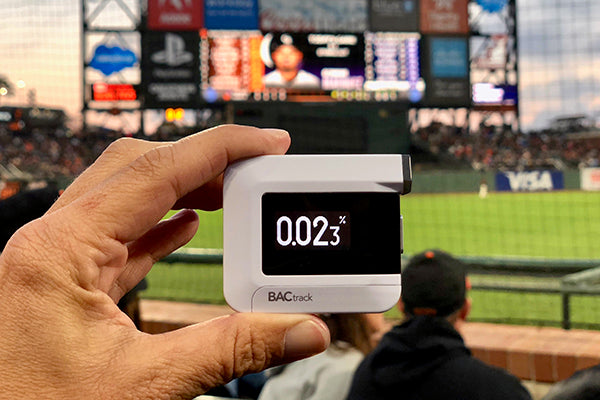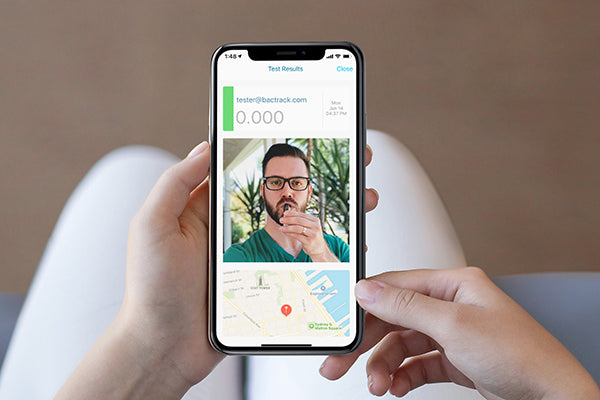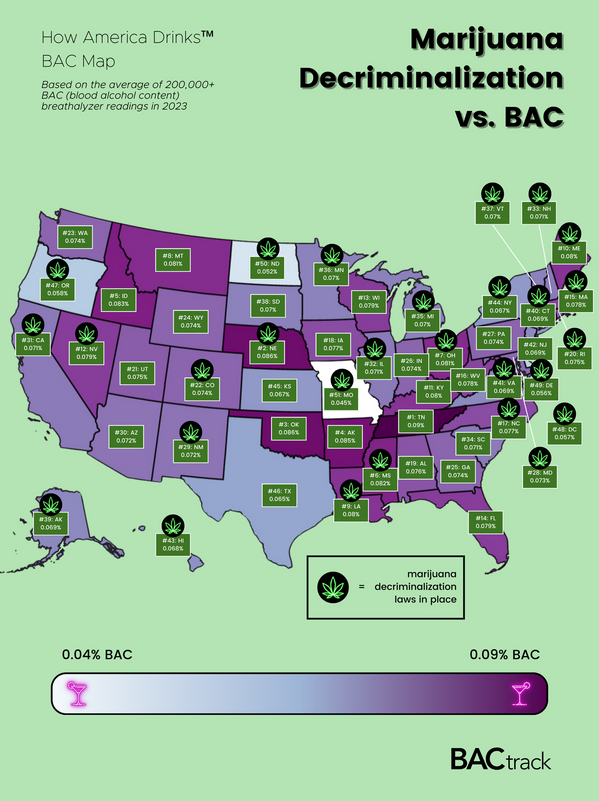
This week, we ask Officer William Pelarenos: After a police officer has pulled someone over, is the breathalyzer the final decider on whether or not to arrest them, or do police use more discretion? Which is more valuable in that situation—gut instinct or instrument data?
Officer Pelarenos: All Police Officers in the United States are trained in DUI enforcement in accordance with the NHTSA (National Highway Transportation Safety Administration) Standards. NHTSA breaks it down very specifically. All these things factor into the decision:
First, it’s 'Vehicle In Motion’ which is the traffic violation that the Officer stopped you for.
Then there is ‘Personal Observations’ of the driver such as a strong, moderate or faint odor of an alcoholic beverage emitting from the driver’s breath. Bloodshot and watery eyes or slurred speech or profusely sweating would also fall into this category.
The Officer will then continue to 'Pre-Arrest Screening,' which are the Standardized Field Sobriety Tests (SFST’s). These tests are the Horizontal Gaze Nystagmus, the Walk and Turn test, the One Leg Stand, and then finally the Preliminary Breath Test.
A DUI arrest is based on the totality of the evidence--not just the breathalyzer (Preliminary Breath Test).
Now, are there Police Officers that don’t follow these Standards and go directly for the breathalyzer (Preliminary Breath Test)? The answer to that is yes. An experienced DUI attorney spots improper procedures and calls them into question at trial.
A follow-up question is: can a person who is not under the influence of alcohol be arrested for DUI? The answer again is yes, if the SFST’s are not properly administered, then the results of those tests are invalid.
Once the driver gets to the police station, if he refuses to take the evidentiary breath test thinking that he will be above the legal limit, then his BAC level at the time of his arrest will be unknown.
The best way to avoid all of this chaos is to use your BACtrack and know your BAC level prior to operating any motor vehicle. Remember, you can be charged with DUI on any motorized vehicle, this includes boats, snow mobiles and golf carts. Recently there have been news articles and Twitter posts about drunk drivers being arrested for driving golf carts while intoxicated. It’s happened many times over the years.
Got a DUI question for Officer Pelarenos? Ask him at info@bactrack.com, or find him on Twitter, @policeproject1.

